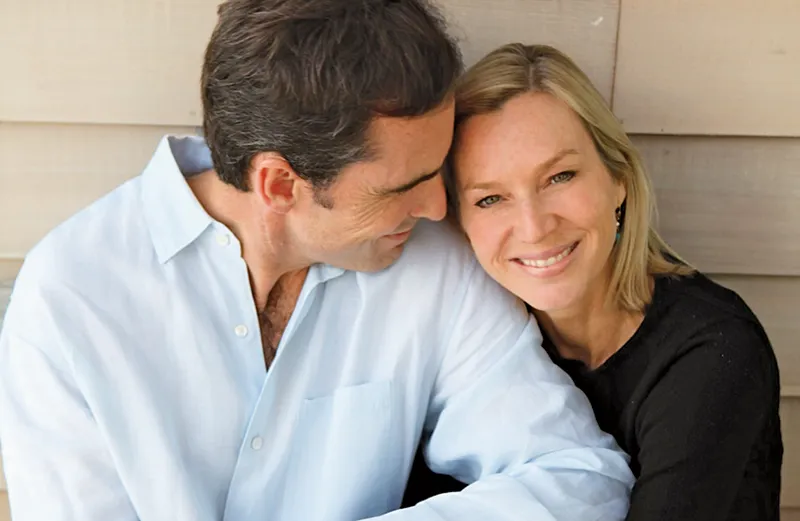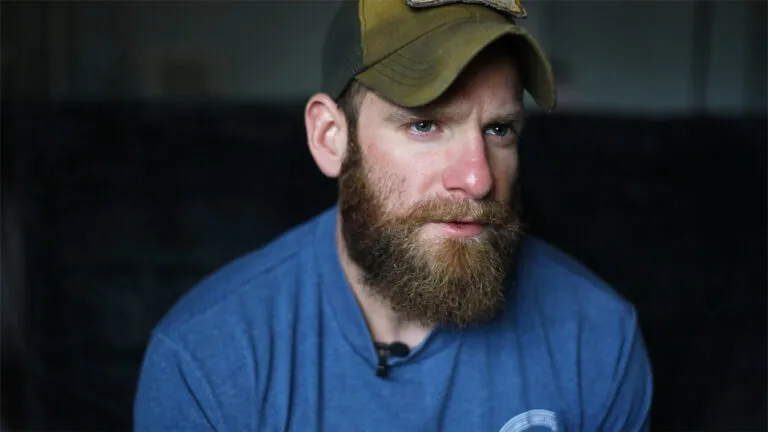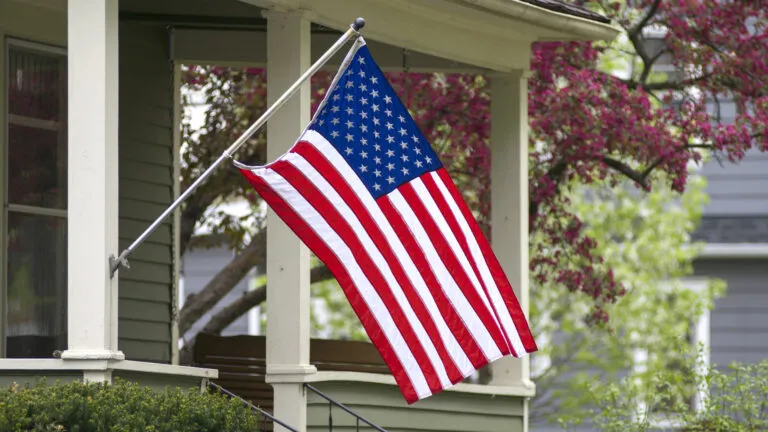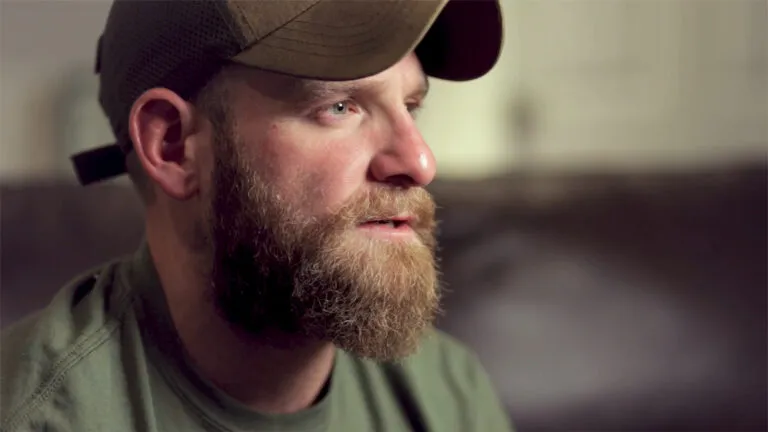It was two weeks before Christmas. I was making the rounds at the National Naval Medical Center in Bethesda, Maryland, visiting soldiers who had been injured in Afghanistan and Iraq. Christmas is a hard time to be in any hospital, but especially for wounded vets far from home.
I could sense how discouraged and depressed they were, struggling to understand how their lives had changed. Some had family members with them, but more often they were alone. “I’ve been here,” I wanted to tell them. “I know what it’s like.”
Eight years ago, just after Christmas, I received the devastating telephone call from the president of ABC. “Lee, Bob has been wounded in Iraq.”
Bob, my husband and the co-anchor of World News Tonight at the time, was over there reporting a story. I had done all I could to block out any thoughts of the dangers he was facing. Now I had to face it. “He’s alive, but he may have taken shrapnel to the brain.”
All at once our world turned upside down. Bob was evacuated from Iraq, flown to Germany, where he was stabilized, and then rushed to Bethesda. I came down from our home in New York and for 35 days held a bedside vigil.
A roadside IED had driven shrapnel into Bob’s head. They’d removed half his skull to let his brain swell without crushing against the inside of the cranium.
The doctors were guarded. Again and again I heard a phrase I would come to know well: “It takes a long time for the brain to heal. Remember, this is a marathon, not a sprint.”
The walls of his room were adorned with pictures of our four children. People sent e-mails, cards, crosses, prayers that they were saying for us and for Bob.
He was in a medically induced coma and I’d been told that he could probably hear me so I told him how much I loved him, talked to him about the kids, reminded him of how we had met and fallen in love. But his eyes were blank and it was hard to keep the faith.
He’s in there somewhere, I told myself. In the mornings I swam at the nearby YMCA, talking to God while I did my laps. Would we be all right? What would Bob be like when he woke up?
Then on day 36 I walked into his room to find him sitting up, smiling. “Hey, Sweetie,” he said, “where have you been?”
There were many months of therapy ahead, but we knew we had experienced nothing short of a miracle.
We were seeing firsthand a phenomenon of this conflict: thousands of men and women returning from Iraq and Afghanistan with injuries different from past wars—brain injuries like Bob’s, amputations, post-traumatic stress, combat stress and depression.
Modern medicine and state-of-the-art body armor meant we were able to bring home a greater percentage of critically injured than ever, but were we as a nation prepared to give them the help they needed? Were people aware of what a monumental issue it was?
The military had taken incredible care of Bob. With our experience, we wanted to remind other Americans of the challenges our wounded warriors faced when they transitioned back to the home front.
That was the genesis of the Bob Woodruff Foundation. Through fundraisers, articles, books, speeches, award ceremonies, we have done all we can to spread the word. Whenever I’m traveling, I make a point to stop and visit VA hospitals, especially the brain-injury wards.
That’s what led me back to Bethesda, back to one of the wards I knew so well. I was talking to Melvin, a young soldier who told me how his foot had been blown off by a bomb in Afghanistan. He lay in bed in a good deal of pain. During our conversation an older nurse bustled in to change his IV bag.
“Merry almost Christmas,” she said. “Did you talk to God today?”
“You know I don’t believe in God anymore,” Melvin said gruffly.
“That’s okay,” she said. “I talked to him for you. He said to tell you he has your back.”
I saw Melvin relax just the slightest and I wanted to hug that nurse. I was reminded of our experience in the hospital. I hadn’t lost my faith as deeply as Melvin, but I knew his struggle. I too had wondered where God was.
He was here, in the prayers of others, like that nurse who refused to be discouraged by gruffness or despair.
There is much you can do for our wounded warriors at Christmastime. You can visit a VA hospital and decorate a tree, sing carols or sit by a bedside. Bring gifts for family members, offer support. Write letters, send cards, make a donation to an organization that supports our veterans.
And never underestimate the power of your prayers. They are reminders that when we can’t watch our own backs, someone else is there. I know that only too well and Melvin was finding it out.







